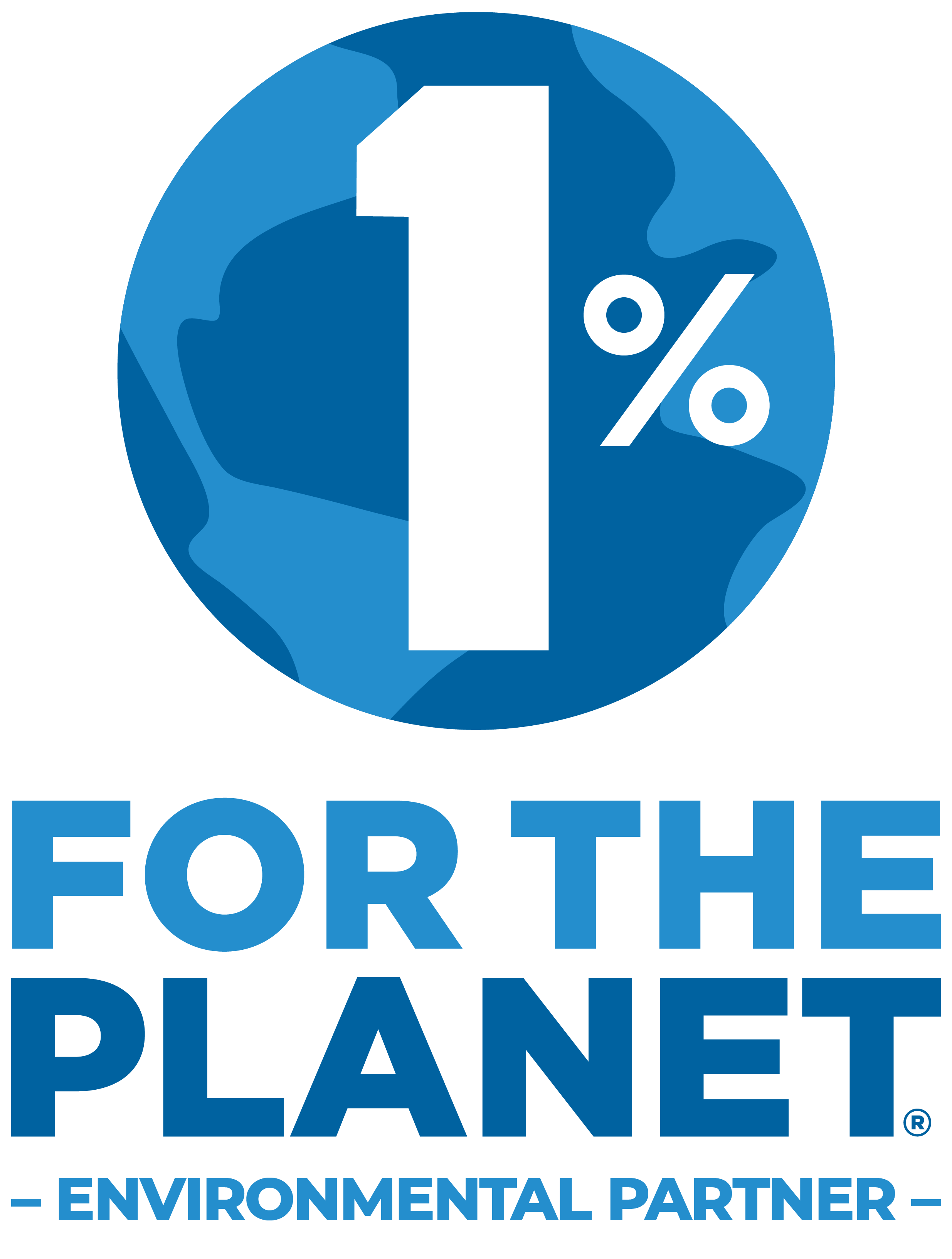Active banners: 0 Visible banners: 0
Pika Models + Climate Change
Provided by: CLEAN |Published on: November 27, 2023
Lesson Plans
3-12
Synopsis
- In this lesson, students will examine the Pacific Northwest where American pikas live, how they communicate, and how climate change impacts them.
- This resource includes one version of the lesson for grades 3-8 and one for high school students.
- Students will watch videos about the American pika, engage in an outdoor activity that reveals what it's like to be a pika, and create educational models about their ecological importance.

Subjects: Biology, Earth and Space Sciences
Authors: Bay Area E-STEM Institute
Region: Asia, North America, USA - West, United States, Oregon, Southern Oregon, Willamette Valley / Portland Metro - Oregon, California, Washington, Colorado, Montana, Wyoming, Idaho
Languages: English
Teaching Materials
Positives
- There are many hands-on activities and different visualizations for all kinds of learners.
- This lesson encourages students to think deeply about biodiversity.
Additional Prerequisites
- It may benefit students to know how to calculate a triangle's area.
- This lesson requires access to an outdoor space with plenty of room.
- The links to A Short Guide to Sierra Nevada Predators & Prey, the Field Journaling lesson plan, the U.S. Fish and Wildlife Service, and the Sagebrush Ecosystems diagram may not load.
Differentiation
- This lesson has extension resources that can enrich students' understanding of pikas.
- After learning that increasing temperatures due to increased carbon emissions are reducing the pika population, students can discuss which human activities are causing harm to ecosystems worldwide and solutions to decrease the human impact.
- Students can discuss the ecological importance of biodiversity and keystone species.
- This lesson can enhance a classroom discussion on other species threatened by climate change.
- Some students may benefit from guided notes while reading the fact sheet or watching the videos.
Scientist Notes
Teaching Tips
Standards
Resource Type and Format
About the Partner Provider

CLEAN
The CLEAN Network is a professionally diverse community of over 630 members committed to improving climate and energy literacy locally, regionally, nationally, and globally in order to enable responsible decisions and actions. The CLEAN Network has been a dynamic group since 2008 and is now led by the CLEAN Leadership Board established in 2016.
All resources can be used for your educational purposes with proper attribution to the content provider.



